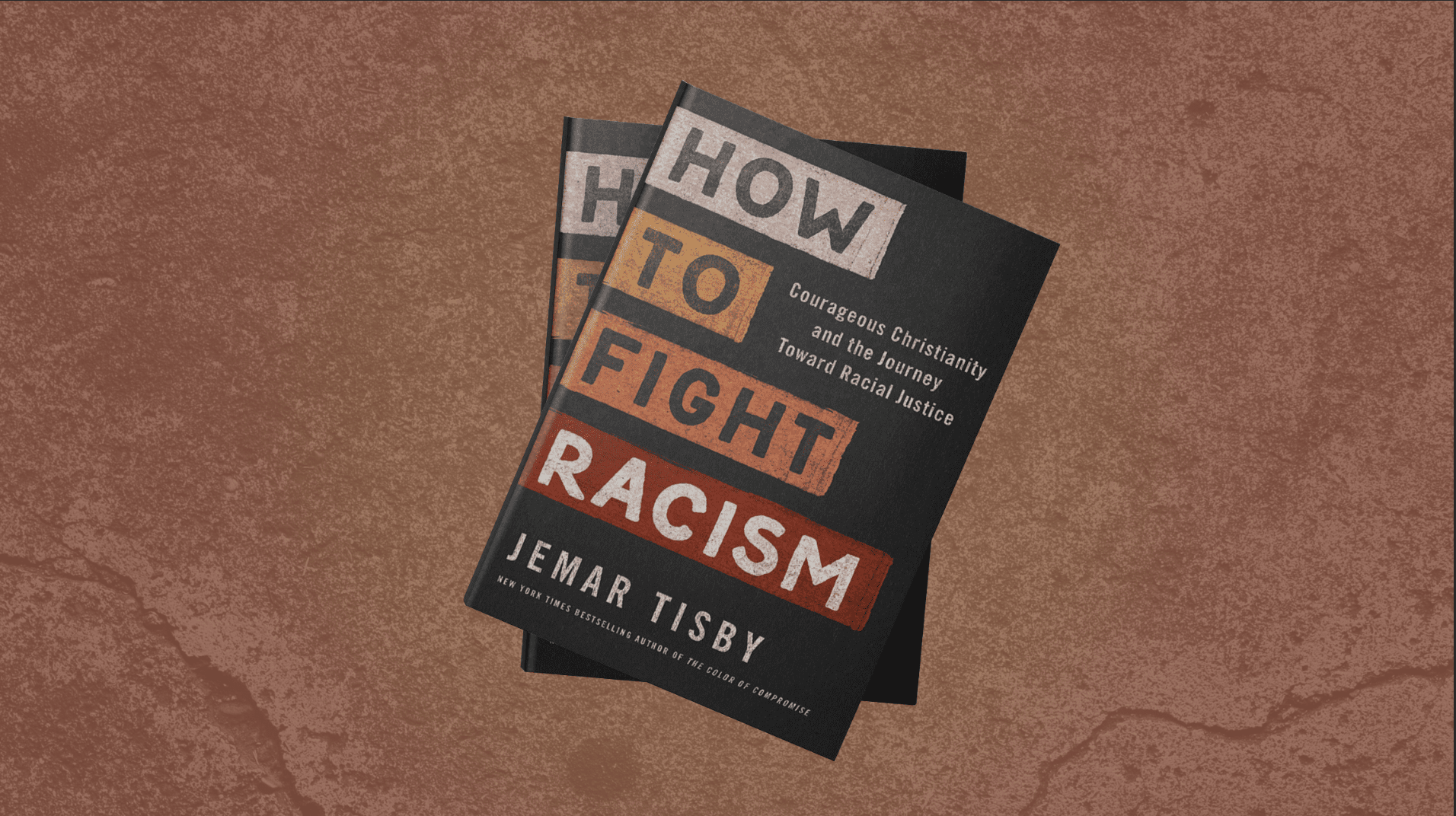How to Fight Racism: Courageous Christianity and the Journey Toward Racial Justice
Jemar Tisby
Zondervan, 227 pages
Time and again, when racial injustice rears its all-too-familiar head, we repeat the question, “What can I do?” Perhaps, like me, you’ve been frustrated by the dearth of no-nonsense, practical resources designed to respond to that cry. To some extent, that’s been intentional: leaders like Covenant pastor Daniel Hill, author of White Awake, have rightfully insisted that the foundational question is not “What should I do?” but “How can I become more fully awake?” We cannot fix racism with a checklist. Mature racial justice advocacy requires the slow cultivation of a new way of seeing which can only then result in a new way of being.
And yet practical resources are still desperately needed. Over the past year, we have seen a great antiracist awakening sweep the nation. In July 2020, a cheeky New York Times editorial asked, “Everyone Is Antiracist—Now What?” Jemar Tisby’s new book, How to Fight Racism, answers that question in beautifully practical ways.
This book mobilizes Christians to action through the simple framework of the ARC of racial justice: Awareness, Relationships, and Commitment. Each chapter begins with a grounding in Christian theology and continues with a plethora of practical ideas to inspire readers and their communities to take action now.
Under “Awareness,” Tisby explains the need for people of all backgrounds to pursue racial awareness by traversing the stages of racial identity development (conformity, dissonance, resistance and immersion, introspection, and integrative awareness). As a historian, Tisby offers prompts to deepen historical awareness that shine. Institutions—including churches and ministries—would do well to conduct their own historical assessments since “remembrance and repair should begin at home. Communities and organizations need to explore their own ties to racism and white supremacy in order to have the integrity necessary to speak about racial justice today.”
Under “Relationships,” topics range from how to begin cross-relational friendships to how to talk to racial justice resisters. Tisby’s chapter on how to build diverse communities features a pithy explainer on what diversity, equity, and inclusion are all about. Evangelical communities have often pursued diversity and then considered their racial work done—when in reality, diversity is just the beginning. Tisby provides this delightful quote from psychologist Robert Sellers for reflection: “Diversity is where everyone is invited to the party. Equity means that everyone gets to contribute to the playlist. Inclusion means that everyone has the opportunity to dance.”
The section on commitment is simultaneously challenging and creative. One example: churches could launch freedom schools, modeled after the freedom schools of the civil rights movement, which “educate young people about a biblical view of diversity, race, and ethnicity” and inspire them to Christ-centered antiracist action. His chapter on fighting systemic racism includes an enlightening discussion on financial reparations, as well as what it would look like for individuals and organizations—not just governments—to provide reparations as a means of racial repair.
Just a few minor concerns: the flip side of Tisby’s historian background is that some of his recommendations can be a bit of a stretch—such as encouraging everyday folks to conduct oral histories or to study academic historians. Some action steps will be more realistic for organizations that are resource-rich, which immediately rule out many small Christian nonprofits and churches (e.g., hiring in “clusters.”) Much of Tisby’s writing reflects Southern experiences and sensibilities and may not resonate as strongly with those from other regions. Nevertheless, these quibbles are insignificant in the face of all the book has to offer.
As a discipleship practitioner, I love how Tisby concludes with reflections on how we must first be transformed if we hope to transform the world. He challenges followers of Christ to “cancel contempt” for those who are further behind on the journey—or not on the journey at all! He warns, “Feelings of contempt dehumanize other people and cause us to replicate the hate we wish to eradicate.”
It is true: at times the fight for racial justice feels overwhelming. But, friends, God is on the move in our generation. If you still find yourself asking what you can do, I have good news: you can quit asking that question—and go pick up this book!














